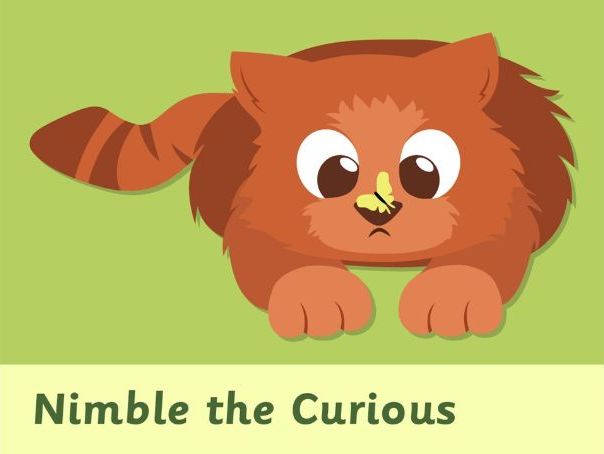Learning by Questions
Learning by Questions is an online learning platform that provides pupils with national curriculum aligned questions and immediate feedback to supercharge their learning. LbQ's SATs Springboard is here to help teachers make the most of the run up to the SATs examinations this Spring Term. Try out some of our resources below, or head to www.lbq.org/sats to read more.























